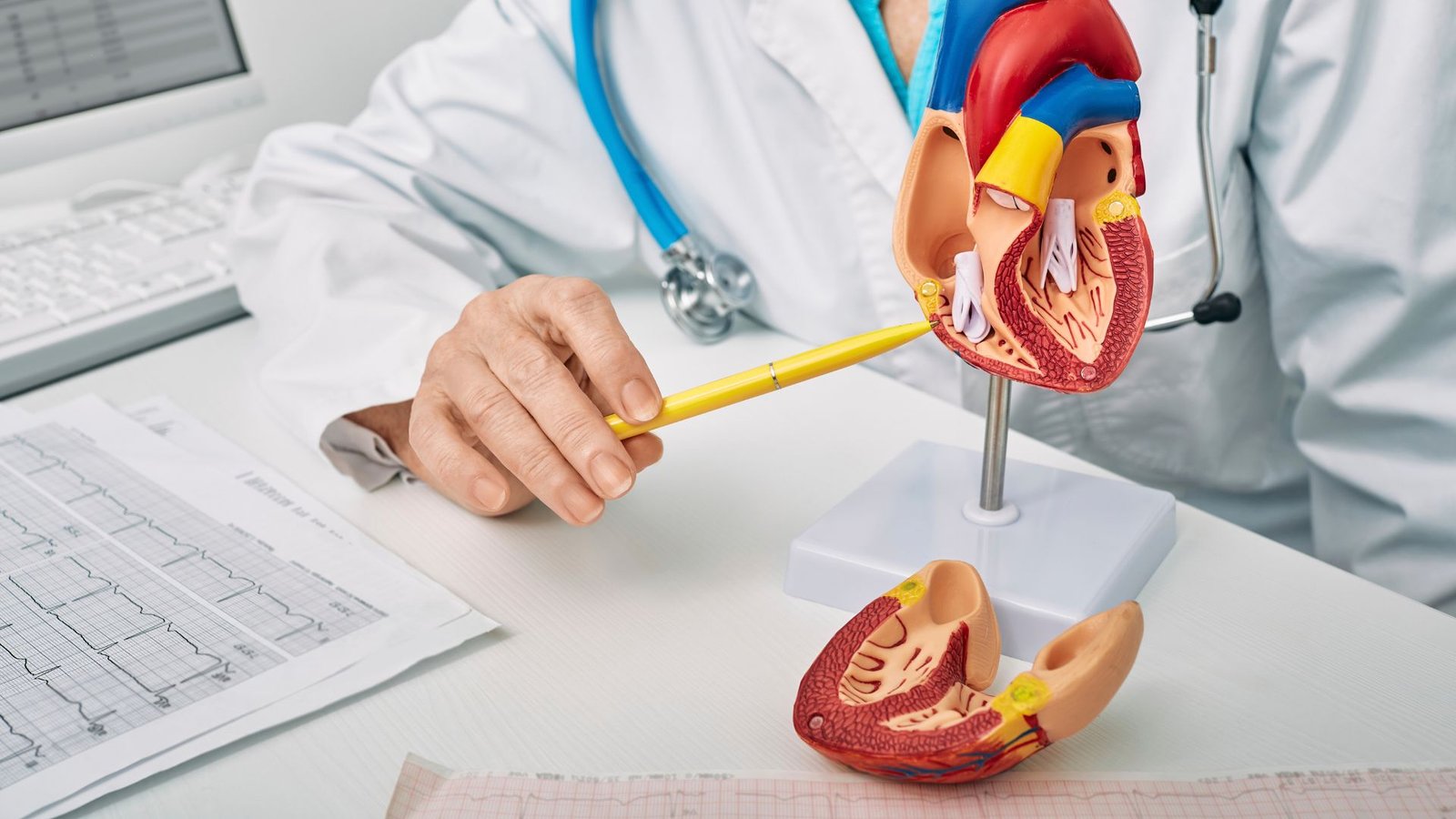
How Heart Disease Differs in Men and Women
Heart disease, often considered a universal health concern, exhibits distinct characteristics when it comes to gender. While the common perception may be that heart disease affects both men and women similarly, the reality is more nuanced. Understanding these gender-specific differences is crucial for accurate diagnosis, effective treatment, and proactive prevention efforts. In this article, we explore the intricacies of how heart disease manifests differently in men and women.
Symptom Presentation:
Men and women may experience different symptoms when it comes to heart disease. While men often report classic symptoms such as chest pain and discomfort, women may exhibit subtler signs like fatigue, shortness of breath, or nausea. Recognizing these distinctions is vital for timely medical intervention.
Risk Factors:
The risk factors for heart disease can vary between genders. Men typically face a higher risk at a younger age, with factors such as high blood pressure and smoking playing prominent roles. In contrast, women may experience an increased risk after menopause, influenced by hormonal changes.
Diagnostic Challenges:
Due to variations in symptom presentation, heart disease in women can be underdiagnosed or misdiagnosed. The absence of typical chest pain may lead to delayed recognition, emphasizing the need for healthcare professionals to consider a broader range of symptoms and risk factors.
Coronary Artery Disease (CAD):
Men often develop coronary artery disease earlier than women. CAD, a common form of heart disease, involves the accumulation of plaque in the arteries. Women, particularly post-menopause, catch up to men in CAD prevalence, highlighting the impact of hormonal factors.
Microvascular Disease:
Women are more prone to microvascular disease, a condition affecting the smaller arteries of the heart. This form of heart disease may not be as readily detected by traditional diagnostic tests, necessitating a more nuanced approach in healthcare.
Response to Treatment:
Men and women may respond differently to certain treatments. Tailoring interventions based on gender-specific considerations can enhance the effectiveness of medical strategies, emphasizing the importance of personalized care.
Conclusion:
Recognizing and addressing the gender-specific differences in heart disease is paramount for ensuring accurate diagnoses, effective treatments, and improved outcomes for both men and women. Healthcare professionals, researchers, and individuals alike must embrace a nuanced understanding of these distinctions to advance cardiovascular health and pave the way for more targeted and personalized approaches in the fight against heart disease.
By fostering awareness and conducting further research, we move closer to a future where gender disparities in heart health are minimized, and everyone receives the specialized care they deserve.








